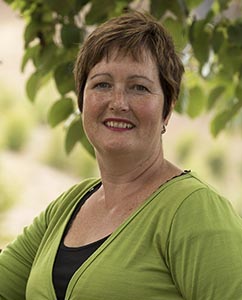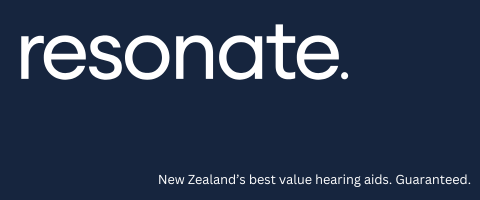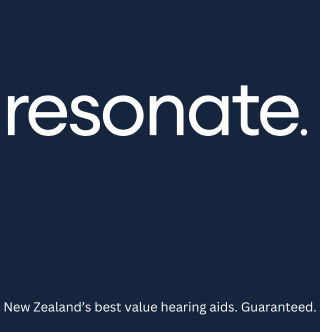
Lisa Addy from BSI People Skills
In a world where mis-communication seems more prevalent than ever, getting it right becomes vital. Kāpiti Communications specialist Lisa Addy offers some thoughts on the subject.
Communication it’s a very challenging thing to get right, isn’t it,
but why?
I believe that it comes down to several reasons and all of them come down to the fact that communication is between people. If you are trying to communicate with a computer or a machine it is very quickly obvious if the computer / machine understands your meaning, but with people it’s not always so obvious.
Each and every one of us have a preferred why way of communicating, it could be by email, phone, Zoom or even face to face! You may feel comfortable talking 1-1 but not so much in a group situation, great with people you know then get tongue tied when you meet someone for the first time even though you have been emailing for a year. You could be a knockout negotiator with your suppler but hate the office small talk, and can’t talk with your teenager, but then again who can!
Communication is hard yet it is vital, (even with teenagers). It’s how we start to build and maintain trust. It’s how we share our truths, when we share our truths, we open up to being vulnerable, it’s how we can build on our priorities. Being truthful allows us to be ourselves and not live another’s life or try and be all things to others. Being truthful requires us to also allow and accept everyone to be truthful to themselves. This can become really challenging, because being truthful requires us to be reflective, and open. Below is a little true story of how a truth I told myself turned out to be incorrect!
Recently my husband and I were doing our weekly shopping at the supermarket, after we had paid, I suggested that I walk to another shop and get a couple of things I needed while he loads the car. I went to the other shop, came back to the car, but my husband wasn’t there, I looked around and saw him talking to a couple of friends next to the trolley park. The story I told myself was that he had loaded the car and took the trolley to the park and met our friends. I walk over and joined in the conversation. As we were talking, I glanced into my friends’ trolley and saw that they had a couple of the same items that we had just purchased. Interesting I thought, which made me look some more, the more I looked the more items I saw that were the same. I mentioned this to my friend, who informed me that this was in fact my shopping, my husband hadn’t made it to the car before seeing our friends, they had been talking all the time I was gone.
My truth, my story was incorrect, this is only a little story, and it didn’t matter at all that I was wrong on this occasion, we had a laugh and I was easily able to accept my mistake and their story/truth.
Stories
What stories do you tell yourself and just imagine the stories the people around you are telling themselves. The stories of not being able to do something, or the ones where they are great at something, do you agree with their stories and does it matter if you agree? Maybe the more important question is are you able to accept that their story is their story and that it is true for them at this time. When you can accept that, then you can build real trust even if you don’t agree. Our own truths will only change as we reflect and grow and are open to the views of others.
Where everybody wins
When you know who you are, and are able to celebrate that, then communicating becomes more authentic, more open, leaves space for other views as well as your own and then you are really communicating, and everyone wins.
Lisa Addy is a Facilitator at BSI Teacher Skills
www.bsiteacherskills.co.nz








































